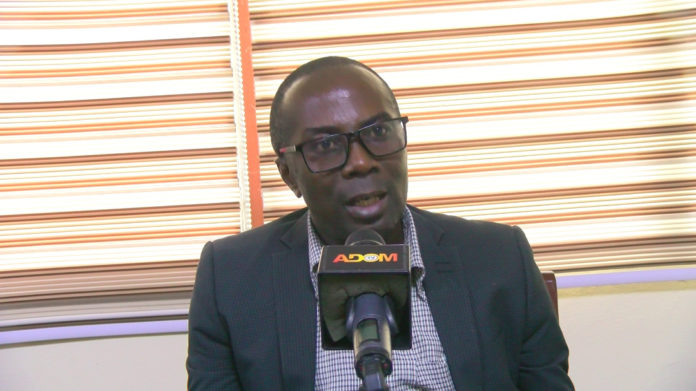The President of the Institution of Engineering and Technology Ghana (IET-GH), Engr. Henry Kwadwo Boateng, has raised concerns about the growing influence of political caucuses in the public sector and their detrimental impact on productivity, fairness, and morale.
Engr. Boateng emphasizes that these issues must be addressed urgently to safeguard the integrity and efficiency of public institutions.
1. Political Caucuses in Public Service
The rise of political factions within public institutions has fostered unprofessional behaviors such as gossiping, spreading falsehoods, and sidelining competent workers. These practices undermine teamwork, reduce productivity, and create discriminatory environments.
For instance, individuals recruited during the NDC regime and perceived to be NDC members were allegedly denied promotions, while NPP-affiliated individuals were promoted even after the election. This unjust practice requires immediate redress to ensure that those who merit promotion are placed in their rightful positions.
2. Merit-Based Promotions
Promotions and appointments should be based on qualifications, performance, professionalism, and competence, rather than political allegiances. The current system, which rewards political loyalty over merit, demoralizes diligent employees, fosters dissatisfaction, and hampers organizational effectiveness.
3. Impact on Morale
Favoritism and political alignment erode the morale of hardworking individuals, fostering a culture where political connections outweigh genuine contributions and professional excellence.
4. Call for Action
Engr. Henry Kwadwo Boateng calls on all Ghanaians, and especially His Excellency President John Dramani Mahama, to address this pressing issue. The President must ensure that promotions and appointments are conducted fairly, based on merit and measurable performance.
Engr. Boateng also emphasizes the need for urgent reforms to the Procurement Act, Act 663, as amended. The abuse of single-source and restrictive procurement processes must be addressed, as these practices have become breeding grounds for corruption, as consistently highlighted in the Auditor-General’s reports.
5. Recommendations
- Policy Reform: Implement clear and transparent policies for promotions and appointments based on performance metrics.
- Regulation: Enforce strict rules to eliminate political interference in the civil and public sectors.
- Anti-Corruption Measures: Strengthen accountability mechanisms, particularly in procurement processes, to curb corruption effectively.
Conclusion
Addressing these issues is critical to fostering a fair, efficient, and productive public sector that prioritizes national development over political interests. Immediate action will safeguard the integrity of public institutions and inspire confidence among employees and stakeholders.


